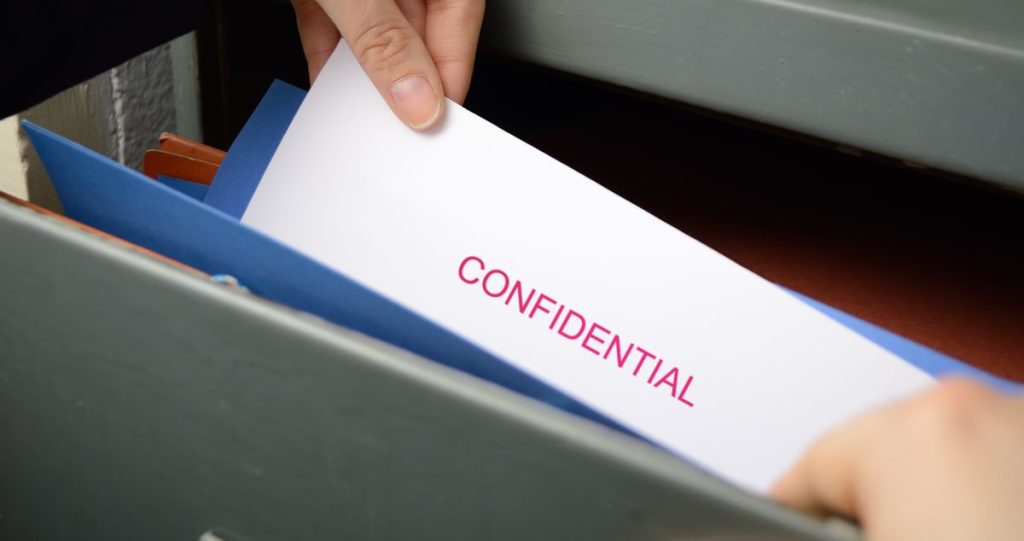Germany’s far-right Alternative for Germany (AfD) has long been a divisive force within the nation’s political system.
Others are reading now
Emerging in 2013 as a protest party, it capitalised on public frustration over migration, the eurozone crisis, and distrust in the political establishment.
In recent years, it has gained significant support in eastern Germany, becoming a serious challenge to Chancellor Olaf Scholz’s governing coalition.
But as the AfD cements its influence, it now faces one of the gravest accusations in modern German politics.
Security officials and senior ministers claim the party may have abused its parliamentary privileges to obtain and potentially share classified military information with Russia.
The allegations, first detailed by Der Spiegel, have triggered demands for investigations into what could amount to a breach of national security.
Also read
Fears of foreign infiltration
AfD lawmakers have repeatedly used official parliamentary questions to extract detailed data about Germany’s defences.
These included requests for information on troop transport routes, counter-drone systems, cyber defences, and the vulnerabilities of key infrastructure.
Thuringia’s Interior Minister Georg Mayer accused the party of “abusing the parliamentary right of inquiry to specifically investigate the country’s critical infrastructure.”
He added that these actions were “fulfilling tasks set by the Kremlin.”
Thomas Röwekamp, chairman of the Bundestag’s defence committee, echoed those concerns, saying the AfD “systematically and targetedly asks extremely detailed questions about the Bundeswehr’s military potential and its weaknesses.”
Also read
Such activity, he said, “cannot be explained by ordinary parliamentary scrutiny” and may reflect an attempt to gather “information valuable to foreign states, primarily Russia.”
Suspicions inside the defence ministry
Sources within Germany’s Defence Ministry told Der Spiegel that Defence Minister Boris Pistorius shares these suspicions.
Officials believe that the AfD’s inquiries could be coordinated and designed to identify weak points in national defence.
The publication reported that AfD members showed particular interest in cyber defence, drone technology and the resilience of government data centres in a crisis.
Party requests included questions about how many data centres exist, which have backup power systems, and how effectively they are protected from cyberattacks.
Also read
“Detailed answers to such questions could be extremely useful for Russian hackers and the Kremlin’s military analysts,” Der Spiegel noted.
Links to Moscow and Beijing
Coalition leaders in the Bundestag have pointed to what they describe as “obvious links” between AfD figures and the Russian embassy in Berlin.
Minister Mayer also mentioned the party’s “close contacts” with both Russia and China.
Jens Spahn, the CDU/CSU parliamentary leader, warned that “the suspicion that MPs are working in Parliament for the benefit of an enemy state is the most serious possible.”
He said that if AfD leader Alice Weidel fails to offer convincing explanations, she risks becoming “an accomplice to a possible betrayal.”
Also read
Growing concern over foreign ties
On November 5, it was reported that AfD lawmakers Steffen Kotre and Rainer Rothfuss were planning a business trip to Sochi later this month. AfD vice-chairman Markus Frohnmeier also intends to visit Moscow in 2026.
Earlier this year, three members of the AfD’s Saxony-Anhalt state parliament attended a celebration at the Russian embassy in Berlin to mark Vladimir Putin’s birthday.
The event drew sharp criticism across the political spectrum, deepening suspicions of the party’s sympathies with the Kremlin.
As investigators weigh the next steps, the scandal has reignited debate over foreign interference and political accountability in Germany.
With the AfD polling strongly in several states, the allegations pose both a national security challenge and a political test for a country still confronting the legacy of its Cold War divisions.
Also read
Sources: Der Spiegel, Digi24.ro


